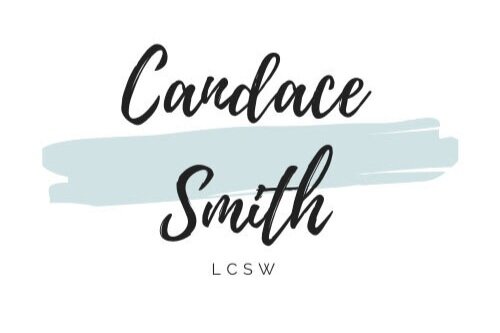What to Do When Your Teen Is Self-Injuring
Have you recently discovered that your son or daughter is engaging in self-injury behaviors?
It's a shocking, confusing, anxiety-producing time when you first learn about it, and of course, you have many emotions and questions about how to best handle the situation.
Self-injury is a way that many teens (and adults) are coping with intense emotions. The sooner you notice it, talk about it and get help for it, the better. Of course, many teens do not want to talk about it with their parents, which is why it's helpful to find a therapist. Even if your teen says they do not want to go to therapy, take them anyway. Self-injury will only get worse, if not treated, and it grows in secrecy.
Adolescents often do not understand their emotions, and why their moods are rapidly changing. They do what they can to try and deal with the confusing, and at times, overwhelming emotions, and it often means cutting. Self-injury can provide a physiological change that for some is relieving, others numbing, and for some it's a way to channel the emotional pain into physical pain. It affects people differently, but at the root of it, it's a way that people are trying to regulate their emotions, and it can become addictive over time.
Some of the first steps to take when you find out your teen is cutting are:
Try your best not to get angry with them, or punish them. Instead, talk in as neutral a tone as you can, and ask if they are hurting themselves on purpose. You want to give them a safe place to open up to you about it, so try to reserve judgments and your own emotional reactions.
Ask if they want to talk about the emotions or problems they are having that may have contributed to them hurting themselves. If they don't want to talk about it, ask if they would like to at least talk about different ways to handle strong emotions.
Ask them if they feel suicidal. Most of the time, teens are not suicidal when they self injure, but sometimes they are. It's better to at least check-in with them about it to see, and if they are having suicidal thoughts or urges, you can take them to Seton Shoal Creek Hospital or call 911 and ask for a mental health deputy to come and assess the situation. If it's not urgent, but they are having some suicidal thoughts come and go, then make the soonest appointment possible with a psychiatrist (since suicidal thoughts are often indicative of a mood disorder like Major Depressive Disorder), and with a therapist.
Let them know that you see that they are in pain, and you are going to take this seriously. Let them know you are going to get a professional involved, and that they can help choose whom they would like to see (i.e. do a google search for therapists who treat self injury and look at websites together to decide).
Come up with things you can do together in the evenings, such as watching a favorite tv show, walking the dog, or doing some arts and crafts. I find that most adolescents are self-injuring in the late evening after finishing homework and before going to bed. This unstructured time is often when they get 'lost in their thoughts' and ruminate about the negative things going on in their lives, or how much they hate their body, which often leads to feeling really down and depressed.
Remind them that bottom line, you love them and want them to feel better, and are going to do what it takes to help in whatever way possible. Ask them if there is anything you can do to help them right now, and if it's within reason, do it.
Here is a website that can give you more information about self injury.
Please call or email me if you would like to talk about bringing in your son or daughter for psychotherapy. I have over 9 years of experience working with adolescents and self-injury, and would be happy to help you in any way I can during this often challenging and stressful time.
